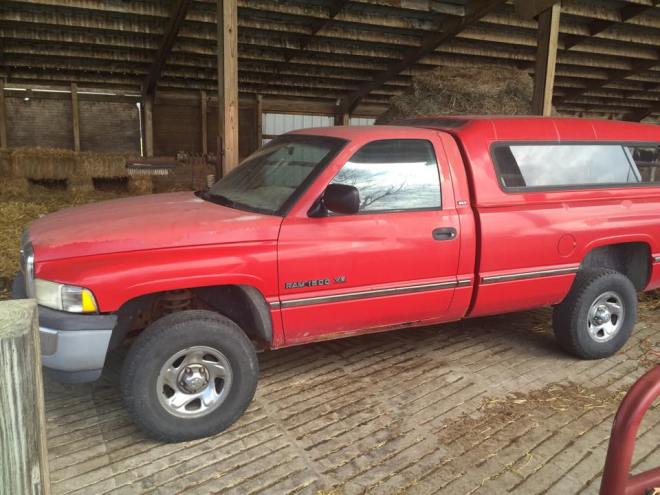A new year is fast approaching, as well as a new government cabinet both on a federal and local level. It seems many are looking ahead, anxious for a change from the past 8 years in more ways than one. I am one of those people on several levels but I’m closely paying attention to agriculture. Does anyone else find it interesting that there’s yet to be a pick for U.S. Secretary of Agriculture? From what I’ve read, it always tends to be a late December pick but this seems to be one of the latest. I’m hoping that doesn’t mean it’s on the back burner and all the other more important picks came first. According to this article from Politico, our President-elect seems to be running through many names. My only hope is he remembers rural America elected him because of the promises he made to farmers out west regarding regulations and support for ethanol. Let me also mention that I hope he doesn’t fill the post to make himself look better (i.e. picking a female because he only has 4 in cabinet so far or picking a Democrat to be bipartisan or for another “R” seat in Congress).
That brings me to the state level. I have no inside information. However, I do find the recently announced transition teams set up by Governor-elect Carney interesting. I assume the agriculture secretary will be chosen from the “Economic Development & Healthy Environment” committee and only one name from the ag industry sits on that committee, Chris Perdue from Perdue Agribusiness. Is it wrong to want a real life farmer on the panel that selects our next Secretary of Agriculture? Doesn’t our #1 industry deserve this?
However, I do find it promising that agriculture is the fifth pillar in Carney’s economic plan. He focuses on supporting farmers through the following opportunities:
- Improve nutrient management regulations
- Reduce permitting barriers
- Preserve farmland and
- Promote agribusiness
I assume these would be the priorities of the next incoming cabinet official as well as the focus of the transition panel when picking the next secretary. If you have anything to do with farming, read or share the details found here and make sure you mention whether you agree or disagree the next time you see our Governor-elect or his staff. Or better yet, pick up the phone and call him-http://transition.delaware.gov/contact/
P.S.-The only public insight I’ve found so far from the transition team is from this Cape Gazette article highlighting Todd Lawson’s involvement. Todd actually has an agricultural background and grew up in Sussex County. Too bad he isn’t on the committee selecting our Ag secretary…..

















